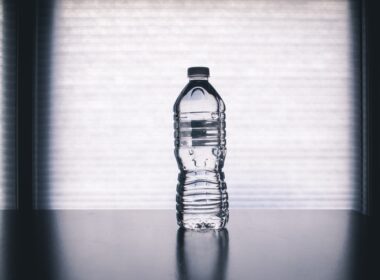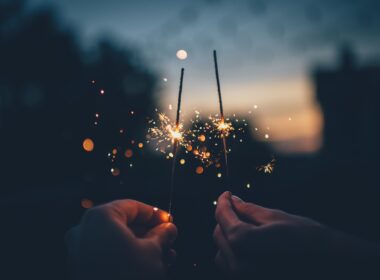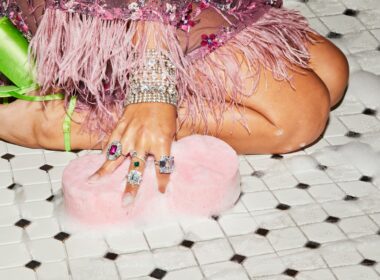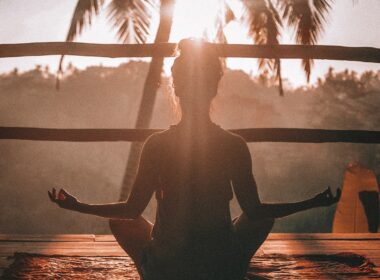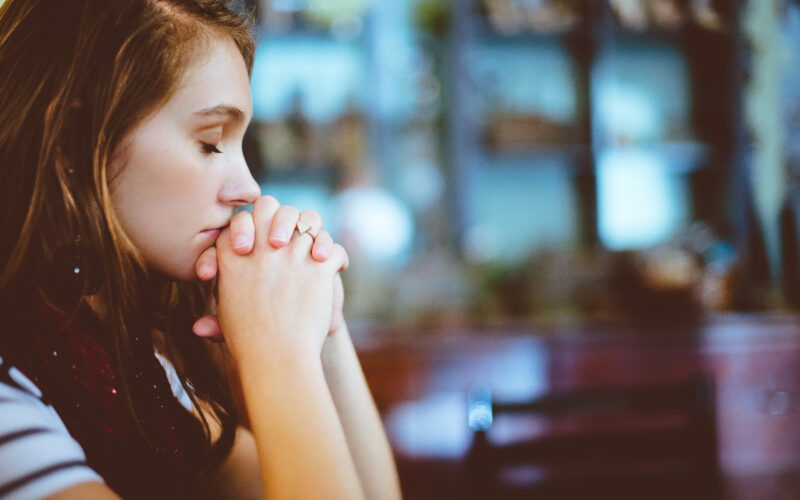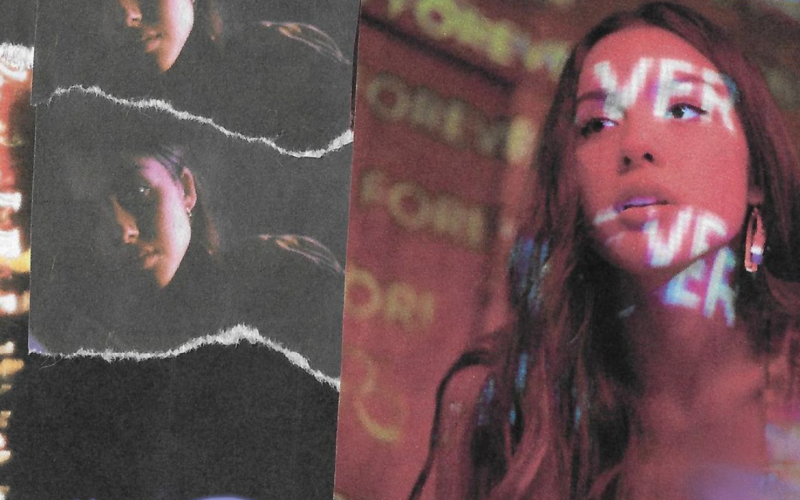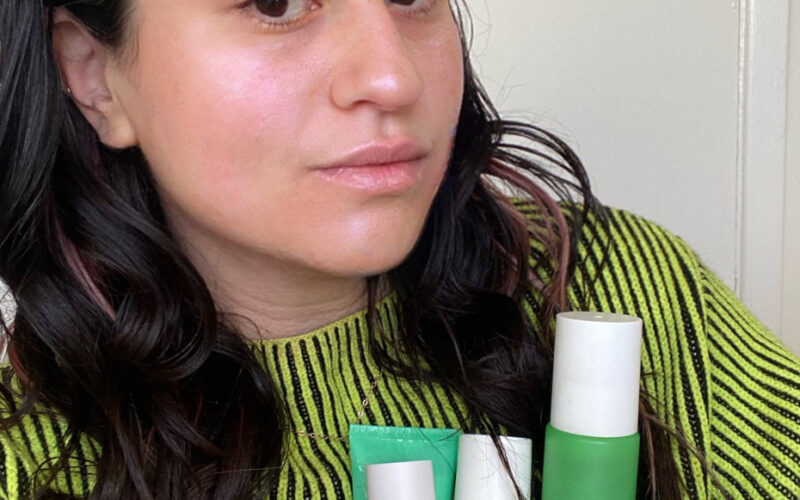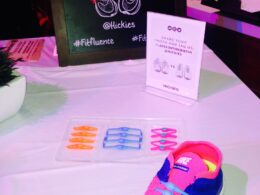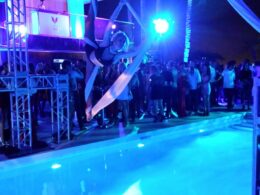Traditionally, winter months have been joyous for me. Growing up in Southern California, a rare rainy-day was a welcome reprieve from the blistering heat we experienced on the reg. All I have are fond memories of not leaving the classroom all day, or bundling up under the covers after school. Seasonal Affective Disorder in LA (OC) wasn’t a thing for me—not in the slightest. In fact, I’d never even heard the term.
Well, fast-forward to college and I learned its meaning within weeks. Upon embarking on a four-year experience at the University of Oregon, everyone warned me that it would rain more than I could probably handle. I laughed, adamantly believing it would be great. I was sorely mistaken. It rained almost every day, and it was dark and dreary—not fun and carefree. The air smelled like white bread and body odor—not campfires and bliss. This was definitely no singing in the rain-type experience. Days were o-k, but the moment the invisible sun set, I fell into a deep depression. It was a foreign feeling, and I couldn’t imagine where this was all stemming from. To make it worse, the waiting list for on-campus therapy was months long.
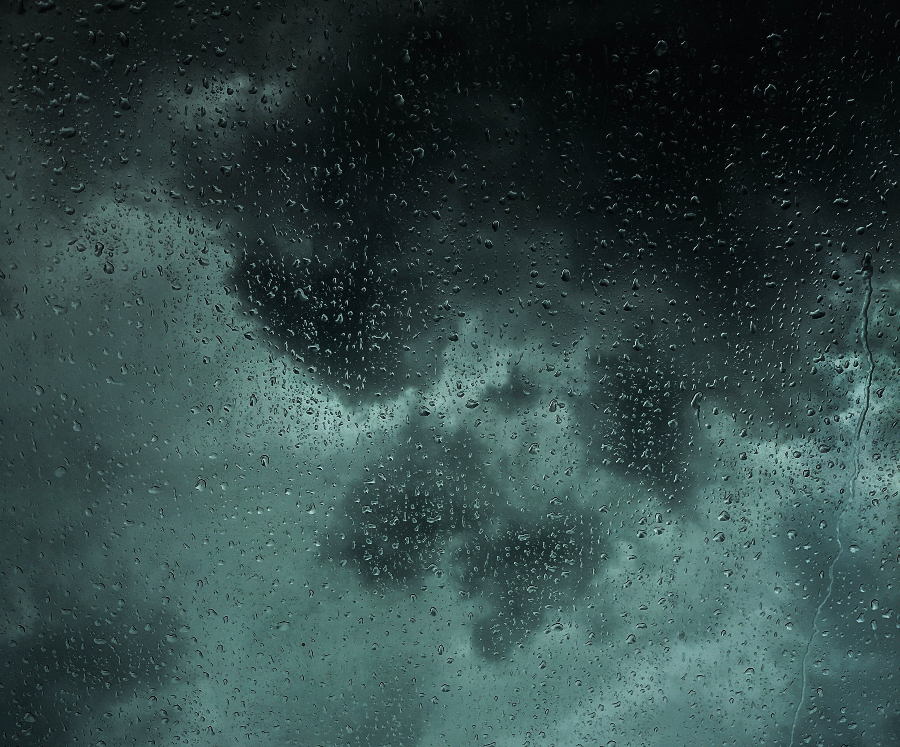
After plowing through four dreadful winters, I made my way back to California, where I relocated to Los Angeles. Much like many residents of the sparkly city, weather-induced depression is masked by gifting suites and red carpet events at the hands of Awards Season. My career for as long as I can remember has had me wrapped up in endless events (whether big or small)—all of which keeping me busy and unaffected by the dreary outdoors that take a toll on so many people.
Well, as we approach almost a full year of coronavirus restrictions, Seasonal Affective Disorder in LA is hitting people a lot differently than in years past. Being stuck indoors without the distractions of typical LA events and other celebratory gatherings makes the realities of short days and extremely dark nights more prevalent.
If you struggle with this issue like so many people do, LA-based counselor and on-air expert, Sarah Michael Novia, is here to help. Keep reading for Sarah’s further explanation of the common disorder, and what may ease its negative impact.
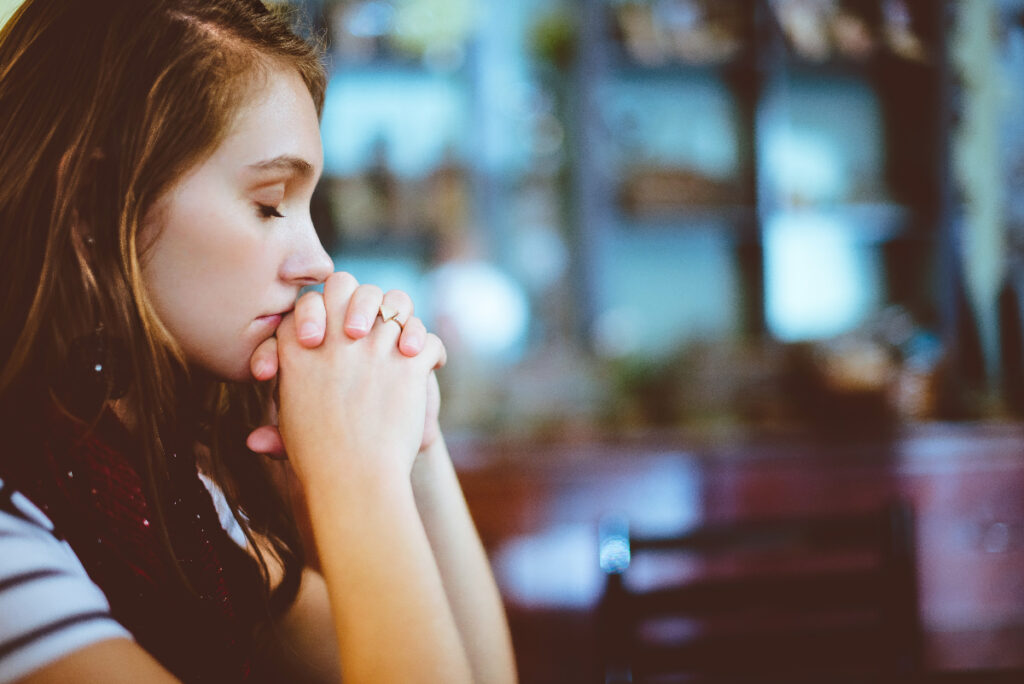
skyelyfe: What is Seasonal Affective Disorder (SAD), and where is it most commonly experienced?
Sarah Michael Novia: SAD is a recurring form of depression caused by lack of light, and it’s mostly experienced in geographic areas where it gets (and stays) cold and dark for long periods of time. Oversleeping, weight gain, lack of energy, loss of interest in activities, and increased sadness are pretty common symptoms.
SL: Why does it tend to be less common in LA?
SMN: In LA, we have fun in the sun year ’round, so we’re less likely to be seasonally affected.
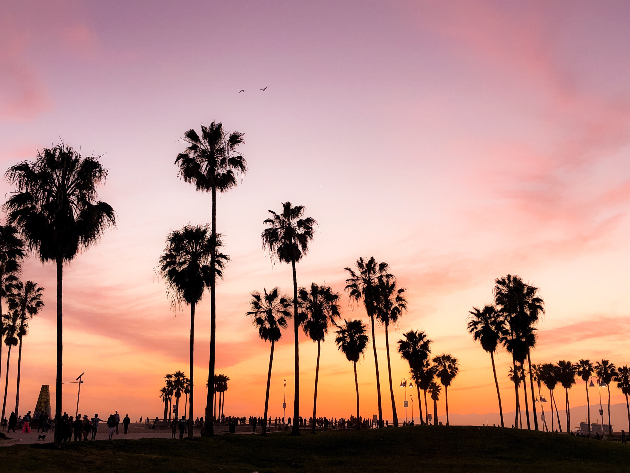
SL: Do you expect this to rise in LA this year, given lockdown circumstances?
SMN: Yes! COVID is keeping many more people indoors, mostly due to fear of catching and spreading the coronavirus. We’re lucky that the sun still shines, but it’s so important to get it on your face!
SL: What are the best ways to combat feeling low this time of year?
SMN: Exercise, exercise, exercise! There are thousands of free HIIT videos on the internet that are under 20 minutes. I love Joe Wicks (The Body Coach TV on YouTube). All you need is a yoga mat and yourself. Get that body moving every day, no matter what. Also, the healthier you eat—greens!—the better you’ll feel. Great sleep is essential as well. And get out in the sun, whenever you safely can.
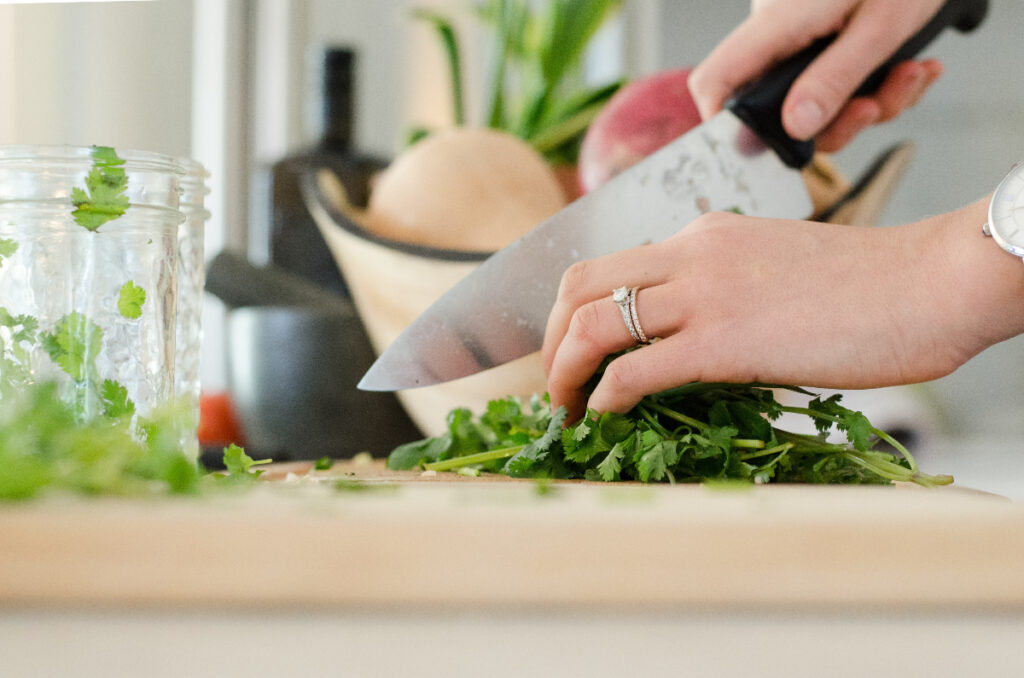
SL: Does SAD typically require therapy or medication?
SMN: SAD can require therapy and/or medication. The first step is usually light therapy. You can purchase a lamp online—it works best when you use it right when you wake up. And medication may be necessary, but that’s something to discuss with your personal doctor. It can help you get back to functioning, in order to help you make positive changes in your life. It’s time to let go of the stigma and do what’s right for you.
SL: Is there anything else you want people to know about this issue?
SMN: Talk therapy is always essential. Even if you aren’t currently experiencing SAD or any other mental health issues, working with a mental health professional can help you set goals and work your way through them. In my experience, therapy can be the most helpful when we aren’t bogged down with other concerns. Most people wait until their situation is untenable. And this makes the therapeutic process more difficult because you have to deal with the presenting issue before you can get to the core of what’s really happening.
If you struggle with your mental health, you’re not alone. HERE are six habits that help clear my head when I’m feeling low.


